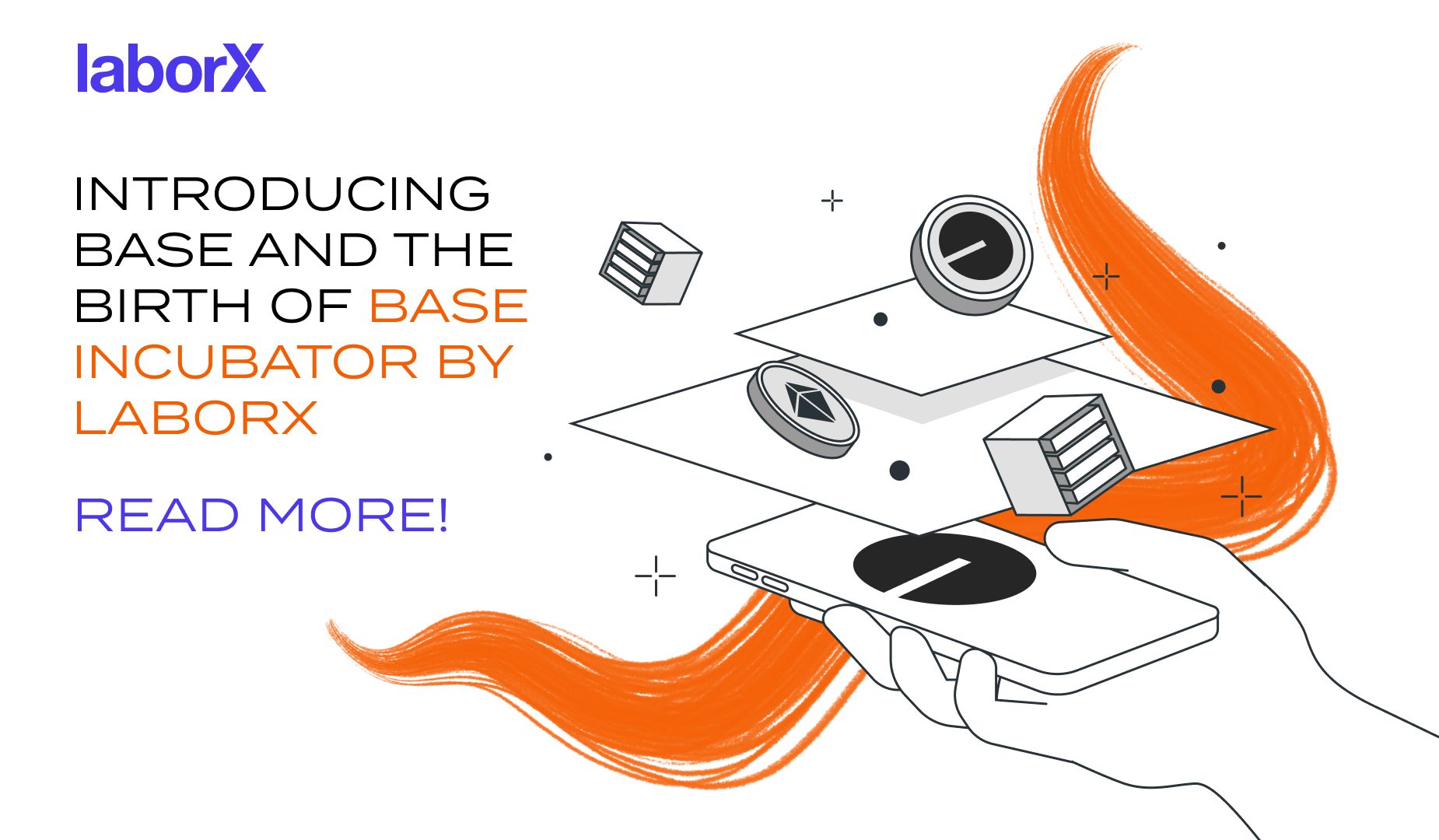
Embracing Change: HR in the World of Digital Assets
Hotcoin’s HR shares her journey from traditional industries to the world of Web3 and crypto, highlighting key insights on thriving in this space.
Read
Discover how Web3 is reshaping HR practices with insights from a leading expert in the field.
The Web3 HR space is transforming how we think about recruitment, talent management, and organizational culture. We chatted with Iryna An, Head of HR at De.Fi, who has seamlessly transitioned from Web2 HR to leading a dynamic team in the decentralized finance sector.
Sure! I have 5 years of experience in Web2 HR, but the Web3 industry has always interested me. I've been involved in crypto since 2017, learning about the industry and making investments. This knowledge prepared me for my role as Head of HR at De.Fi. Understanding the industry you work in is crucial.
I began my journey at De.Fi as a Senior Recruiter. Recruiting in Web3 is exciting and challenging, as it involves forming a balanced team with complementary skills that can work effectively and adapt to changes. After 2 years at De.Fi, I advanced to Head of HR. It's thrilling to be in this role in Web3. Staying updated on new HR trends in the industry is essential, and I find it incredibly exciting to navigate the unique challenges Web3 presents.
Since we started working on De.Fi, our main focus has been security, which is crucial in the Web3 space. Our commitment to the security of the industry is unwavering, as we aim to make DeFi more transparent and secure. Before interacting with any protocol, users can check its risk score and delve into issues identified using our unique tools. The DeFi Antivirus pairs with our Dashboard to detect potential risks and hacks in DeFi projects. We also decided to publish the REKT database, accessible via API.
This growing resource includes over 7,000 audits and 4,000+ REKT cases, all available for free. One of our main goals is to create products that are accessible and inclusive for a wide range of users. Among De.Fi's core values are decentralized decision-making, transparency, innovation, and community involvement. Our culture focuses on developing financial products and services that are both accessible and inclusive, ensuring they cater to a diverse user base.
One of the main differences is that HR activities should support community involvement. This means more communication through social media, forums, and open-source contributions. In Web3, we have a high level of talent competition with a limited pool of experts. HR practices include offering unique incentives like token-based compensation and equity in the form of cryptocurrency.
Web3 emphasizes decentralized decision-making and often operates with fully remote teams distributed globally. This requires HR practices that support virtual collaboration, remote onboarding, and flexible work arrangements. From my experience, HR practices in Web3 are highly adaptive and more innovative compared to Web2. Web3 companies have a culture of innovation and agility, with central narratives around decentralization, open-source collaboration, and user empowerment.
Working in the blockchain space requires unique skills, a deep understanding of technology, and a lot of enthusiasm. It takes time to find the right person.
The speed of the recruitment process depends on various factors, including the role we need to fill and the market cycle. At De.Fi, we pay close attention to the recruitment process. We have built our technically solid team over 4 years.
Our goal is to hire people who will work with us for a long time and be a perfect match with our team culture.
It depends. The average time to close a position is 2 weeks, but it can range from 1 week to 2 months.
Along with strong hard skills, we always pay attention to a candidate's soft skills. The candidate should have a specific personality that allows them to adapt to a fast-growing environment and work effectively. All of our team members are deeply involved in crypto.
Here at De.Fi, we are a team of crypto nomads. It is very important to us that a person has Web3 user experience. You can’t truly understand this industry without using it.
Yes, we've noticed significant growth in the pool of candidates recently. The candidate landscape in the blockchain and Web3 industries has become more robust and dynamic, with a larger, more skilled, and diverse talent pool.
Over the past years, more than $56 billion has been invested in blockchain and cryptocurrency companies, accelerating the development of both the technology and its use cases. The blockchain industry is a major employer, with 32,500 employees and a headcount that doubled from 2021 to 2022.
This growth has created a critical mass of talent focused on developing real-life applications.
As the industry continues to evolve, we can expect these trends to further shape the workforce, driving continued innovation and growth.
Sure. We pay close attention to the onboarding process because it's crucial to a positive employee experience. Heavy collaboration and knowledge sharing are core values for us.
De.Fi stands out among other alternatives by providing an all-encompassing solution for DeFi access and security. We are building the number one super app for confident investing in Web3, featuring a suite of powerful and intelligent asset management tools.
Our service offers everything needed for DeFi, all in one single platform, providing users with complete confidence.
The main advice is to become an active Web3 user and community member. Follow companies and industry influencers on Twitter to learn more about their culture and products, and stay updated with industry trends. Knowing the product you're interviewing for will set you apart from other candidates.
Developing relevant technical skills is important. Enroll in blockchain courses offered by universities or online platforms such as Coursera, Udacity, and edX. Dive deeper into smart contracts, consensus algorithms, and different blockchain protocols.

Hotcoin’s HR shares her journey from traditional industries to the world of Web3 and crypto, highlighting key insights on thriving in this space.
Read
Discover Base's innovative L2 solution addressing scalability, security, and user experience challenges in crypto. Learn about Base Incubator by LaborX, fostering growth and innovation within the Base ecosystem.
Read
Start using the app now to earn points by logging in regularly and completing simple tasks!
Read